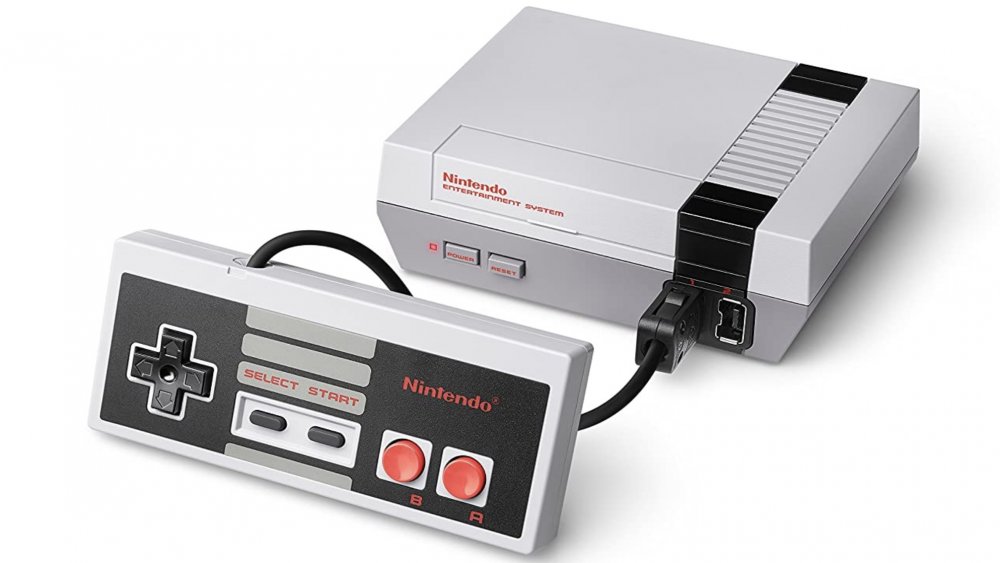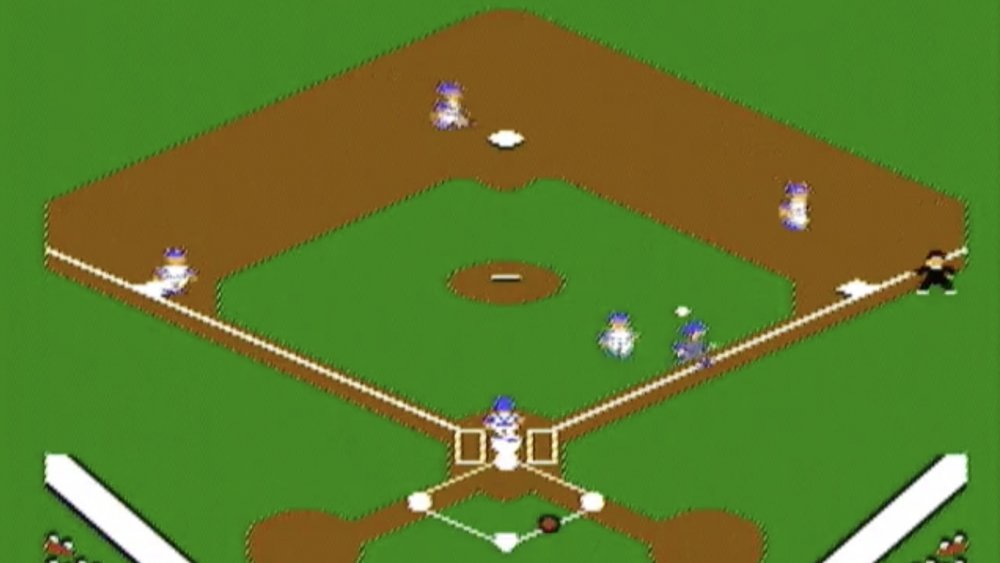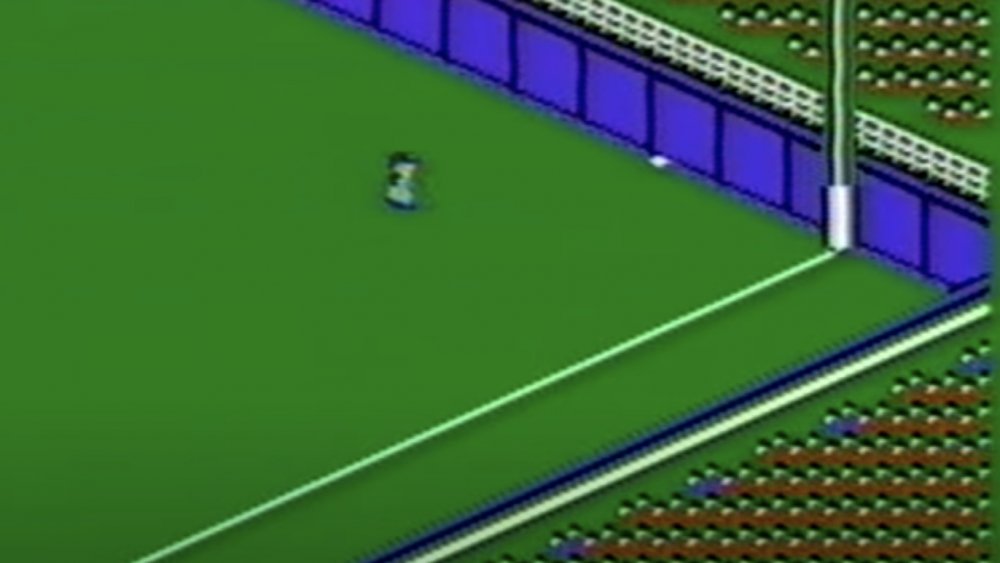A 9-Year-Old Once Sued Nintendo. Here's Why
We may receive a commission on purchases made from links.
As a large entertainment company catering to families, Nintendo is no stranger to legal proceedings. You might be surprised to learn, however, that it has been sued by children multiple times.
The latest incident of this type is currently pending: a 10-year-old boy and his mother filed a class action suit against Nintendo on Oct. 5, 2020. The issue at hand is Joy-Con drift, a phenomenon in which the Nintendo Switch's controllers seem to be making the in-game characters move even when no one is using them. However, Nintendo's legal woes aren't limited to Joy-Con drift (although this is at least the second such lawsuit), and have included patent infringement accusations and more serious allegations that Nintendo games have caused epileptic seizures over the years.
The first instance of a child suing Nintendo, however, may have happened in 1990. Young Clark Thiemann, who purchased the game Major League Baseball from LJN for the original Nintendo Entertainment System, filed a suit through his lawyer with Bridgeport Superior Court in Connecticut, with the goal of stopping Nintendo from producing or selling more copies of the sports game. Thiemann was nine-years-old at the time. The case unfolded over three decades ago, but here's what happened when the boy brought suit against one of the world's best-known gaming companies.
Why Thiemann tried to fight Nintendo
According to Gaming Historian, the case began when Thiemann and his father, Nick, went to a Child World store in Westport, Connecticut in October 1989 and purchased Major League Baseball with money Clark had saved by collecting cans and bottles at a local athletic field for years. The MLB game in question, released in April 1988, was reportedly among the first to have an official license with the baseball organization, but no player names were used because the title didn't have a similar license with the MLB Players Association — only numbers and stats were represented. Additionally, rosters weren't up to date because the game was almost two years old. When Thiemann tried to take the game back to the store, Child World would not accept the return because the shrink wrap had been removed and the copy was not defective.
Clark's father decided to take his complaint to Nintendo, but was allegedly ignored. So a lawyer, Lawrence Kanaga, took the case on behalf of his son. The lawsuit claimed, according to news reports, that the game doesn't actually give players enough information to simulate being a manager of a baseball team, as promised on the packaging. The lawsuit aimed to either stop Major League Baseball, Nintendo and LJN from selling the game or force the companies to change its packaging to better represent the content of the game. It also asked for punitive damages, attorney fees and $40, which was the original cost of the title.
Nintendo: 1, Thiemann: 0
Gaming Historian reported that, after several delays, Nintendo asked for a dismissal of the case in April 1990. The company argued that the game had been two years in development and the rosters had been accurate at that time. It also argued that the packaging never claimed to include player names. Instead, the packaging said, "Each of the 26 major league teams is represented with its own full roster" and listed individual stats and playing rosters as differentiators. Additionally, Nintendo said that even if Thiemann's allegations were true, buyers would have no legal recourse.
After hearing from both sides, Judge Ellen Burns in New Haven's U.S. District Court rendered her decision, and the case was dismissed in December 1990. Nintendo had won. The Thiemanns decided to appeal, but their appeal was withdrawn in 1991.
This certainly wasn't the first legal fight Nintendo had to wage, nor will it likely be the last. It probably would have cost Nintendo less to just refund the boy's money, but the company would not have been able to set a legal precedent in its favor. As for young Clark Thiemann, people still wonder about him online. They want to know how he managed to get a lawyer, what his reaction was to the case's dismissal, and whether he still plays Nintendo games. No answers have yet been forthcoming.



